Cyclone Dikeledi leaves 156,000 without electricity in northern Mozambique
Mozambique: Galp considers second floating gas platform
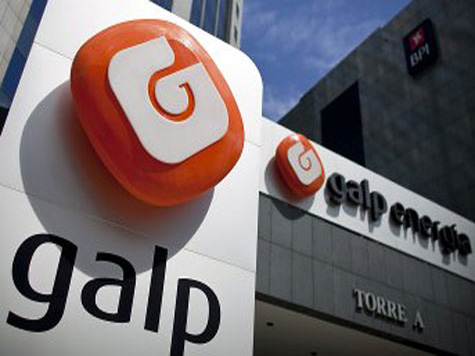
File photo: Lusa
Galp director Thore Kristiansen said on Monday that it might be worth studying the possibility of installing a second gas platform in Mozambique on the sidelines of the ceremony at which the first structure of its kind was launched in South Korea.
“The next phase [of gas exploration] involves making liquefaction lines onshore, but due to the insecurity situation, this has been put on hold, and we hope the situation stabilises,” he said, alluding to the armed insurgency in Cabo Delgado, northern Mozambique.
Until then, “one of the things that will be developed is to find out if there are alternative ways of making use of these resources. And then, we can evaluate whether a second platform like this could be an alternative.
A hypothesis in the field of studies, because “at this stage, the focus is to develop the reserves with onshore liquefaction lines, which is the ideal way to build a business with scale,” he added.
Kristiansen was speaking at the Geoje shipyard where Eni, as leader of the Area 4 South Coral project (a concession owned by Galp), launched the platform that as of 2022 will begin exploring the reserves in the Rovuma basin, considered to be one of the world’s largest gas discoveries.
The director of the Portuguese oil company who attended the ceremony today believes that Mozambique is a “blessed” country with a resource that the Coral Sul project raises to the “next level”, with production starting in 2022.
“It is an important milestone for Mozambique and Galp,” as it is Galp’s “first gas production not associated with oil,” he stressed.
Kristiansen said that the exploitation of the reserves in the Rovuma basin is also pointed to as a response to climate change.
Because it has “about half the emissions that coal has, gas can be a source with an essential role in transitioning to a society with less carbon.
After today’s ceremony, the floating platform Coral Sul will be moored off the quay in Geoje on Tuesday and taken by three tugboats for 60 days across the Indian Ocean to its anchorage point off Mozambique.
This will be followed by technical preparations, such as fixing it 50 kilometres off the coast of Cabo Delgado province via 20 moorings fixed to the seabed (at a depth of 2,000 metres), as well as connecting it to the six wells that have been drilled.
Area 4 is operated by Mozambique Rovuma Venture (MRV), a joint venture co-owned by ExxonMobil, Eni and CNPC (China), which holds a 70% participating interest in the concession contract.
Galp, KOGAS (South Korea) and Empresa Nacional de Hidrocarbonetos (Mozambique) each have a 10% stake.


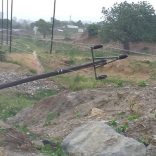

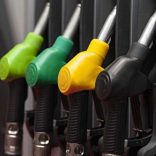

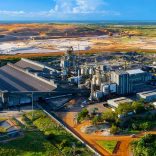
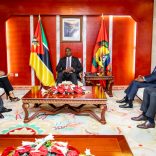

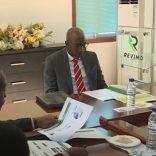
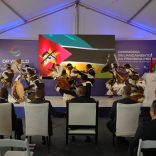
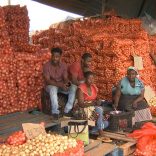
Leave a Reply
Be the First to Comment!
You must be logged in to post a comment.
You must be logged in to post a comment.